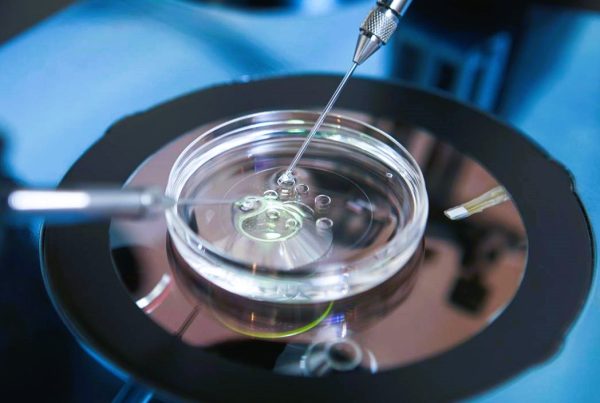Here are the 11 stages of your Independent Surrogacy Journey:
Here’s a summary of a typical independent journey. Yours may look different. The below guide is meant as a starting point for people beginning their research.
-
Find Your Perfect Match.
Discuss all things that are necessary and important to you including: compensation, medical history, embryo status (including if adopted embryos or egg donations are needed), geography, and general journey expectations. Here’s a good summary of some of the things to consider during the matching process.
Due diligence is your responsibly, including criminal and lifestyle background checks. This is regardless of whether or not you’re using a surrogacy agency or self-matching using a site like SurrogacyPlace.com.
-
Evaluate Medical History.
Send your potential surrogate’s medical history/records to your Reproductive Endocrinologist. This is done as a preliminary screening. Surrogates will also be fully evaluated in-person, but REs generally won’t waste their time or yours on candidates that have red flags from their prior medical history.
-
Choose Qualified Assisted Reproduction Attorneys.
The surrogate must be allowed to select her own counsel with her representation paid for by the IP(s). Our attorney directory is a good place to start if you need helping finding legal representation as either a surrogate or as an Intended Parent.
Attorneys specializing in surrogacy can guide Intended Parents and surrogates thorough all the legal and administrative aspects of surrogacy. You do not need an agency to do this, attorneys are well versed in local laws and requirements.
-
Formal Medical Evaluation.
By this point, there should be a good faith understanding between the two parties in anticipation of a surrogacy arrangement. Terms should be discussed even though final contracts are usually signed after full medical clearance. A Reproductive Endocrinologist will do a physical exam and perform blood tests to make sure a potential surrogate is medically fit to carry a surrogacy pregnancy.
After a surrogate is medically cleared, she will usually undergo a separate psychological evaluation. This is performed by a licensed Psychologist who has experience with third-party assisted reproduction. Some states may require Intended Parent(s) also undergo a psychological evaluation. A handful of states require Intended Parents to go through a home study process similar to adoption protocols.
-
Verify Surrogate Health Insurance.
It’s strongly recommended you use a service like ART Risk to verify a surrogate’s health insurance to make sure medical expenses are covered. If her current policy does not cover surrogacy, you’ll need to purchase a policy for her. Unexpected things can happen during any pregnancy. Risking huge medical bills is not advisable.
-
Finalizing Legal Contracts.
Lawyers from both sides will make sure all parties are in agreement. Once negotiations have concluded, the surrogacy contract is signed by all participants before an embryo transfer or insemination process can begin.
-
Set up Escrow and Other Surrogacy Journey Financial Obligations.
Make sure both parties are aware of the schedule of payments. IPs will need to purchase a Life Insurance policy for their surrogate to take effect at confirmation of pregnancy. Your assisted reproduction attorney can provide a schedule to ensure necessary financial and legal transactions and obligations are fulfilled during all phases of your journey. You will need to set up a full-funded escrow account with a company like SeedTrust prior to embryo transfer.
-
Begin Hormone Regimen.
Hormones are required for all gestational carriers and may be required for an Intended Mother (depending on if her eggs will be used), even for those opting for a “natural cycle”.
-
EMBRYO TRANSFER DAY.
Once all medical screenings and legal obligations are met, an embryo transfer is scheduled. This is when a gestational carrier undergoes an embryo implantation procedure at a fertility clinic. If undergoing a traditional surrogacy journey (vs. gestational surrogacy), this is when Artificial Insemination would begin as well. If all goes well, an embryo will implant in a surrogate’s uterus and she will carry a pregnancy on behalf of grateful parents.
-
Pregnancy and Childbirth.
Your surrogate will be monitored by her OB-GYN the same way she would be for her own pregnancy. She will receive ultrasounds and blood and urine tests to make sure the pregnancy is progressing in a healthy way.
During pregnancy, an Intended Parent(s)’ attorney will work to establish parentage. Many states offer pre-birth orders, others have a post-birth process for establishing parental legal rights. In many states, hospitals are given specific orders and the Intended Parent(s)’ name(s) are placed directly on the birth certificate outright, even in cases of same-sex partners, or those not biologically related to their child(ren).











